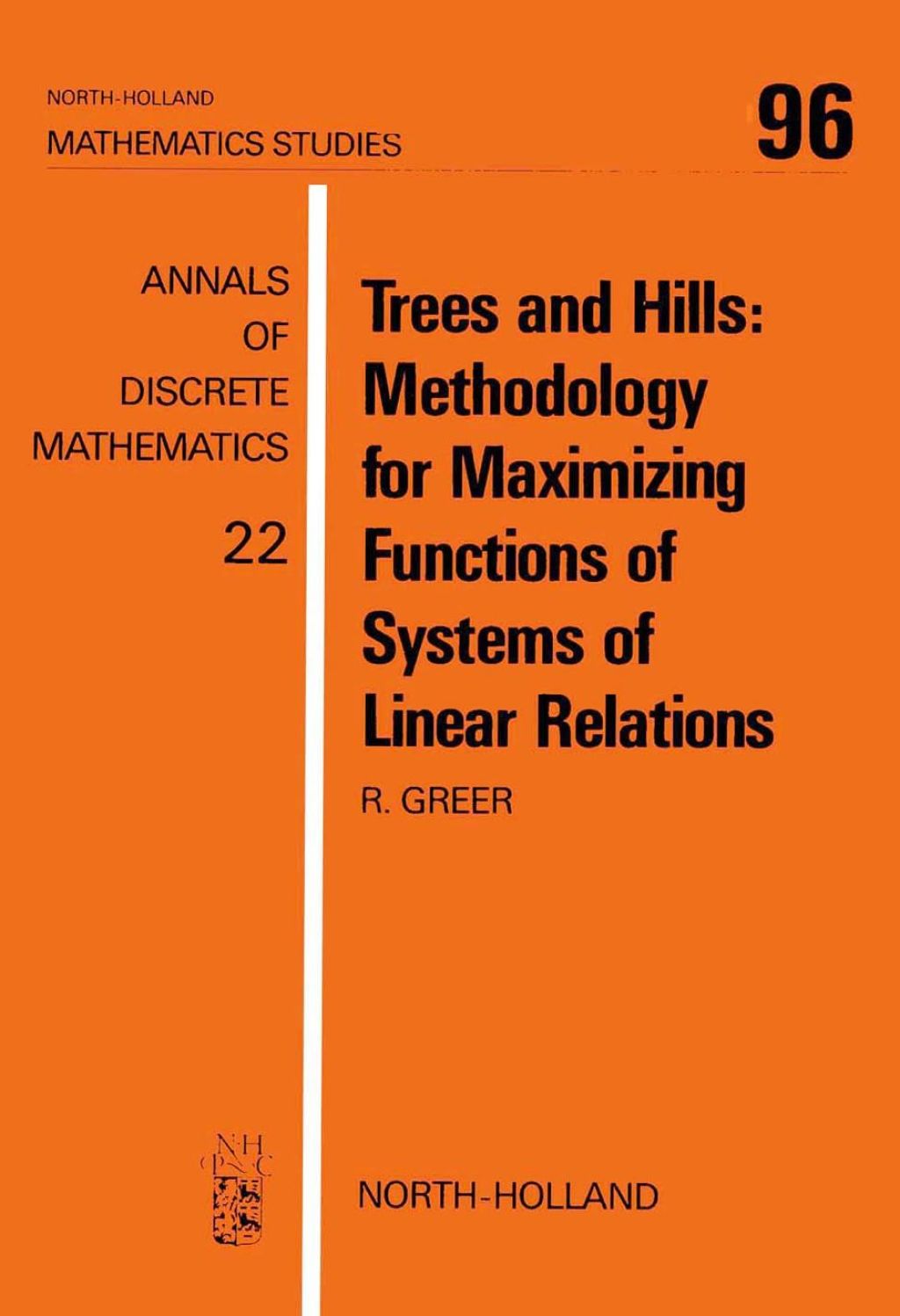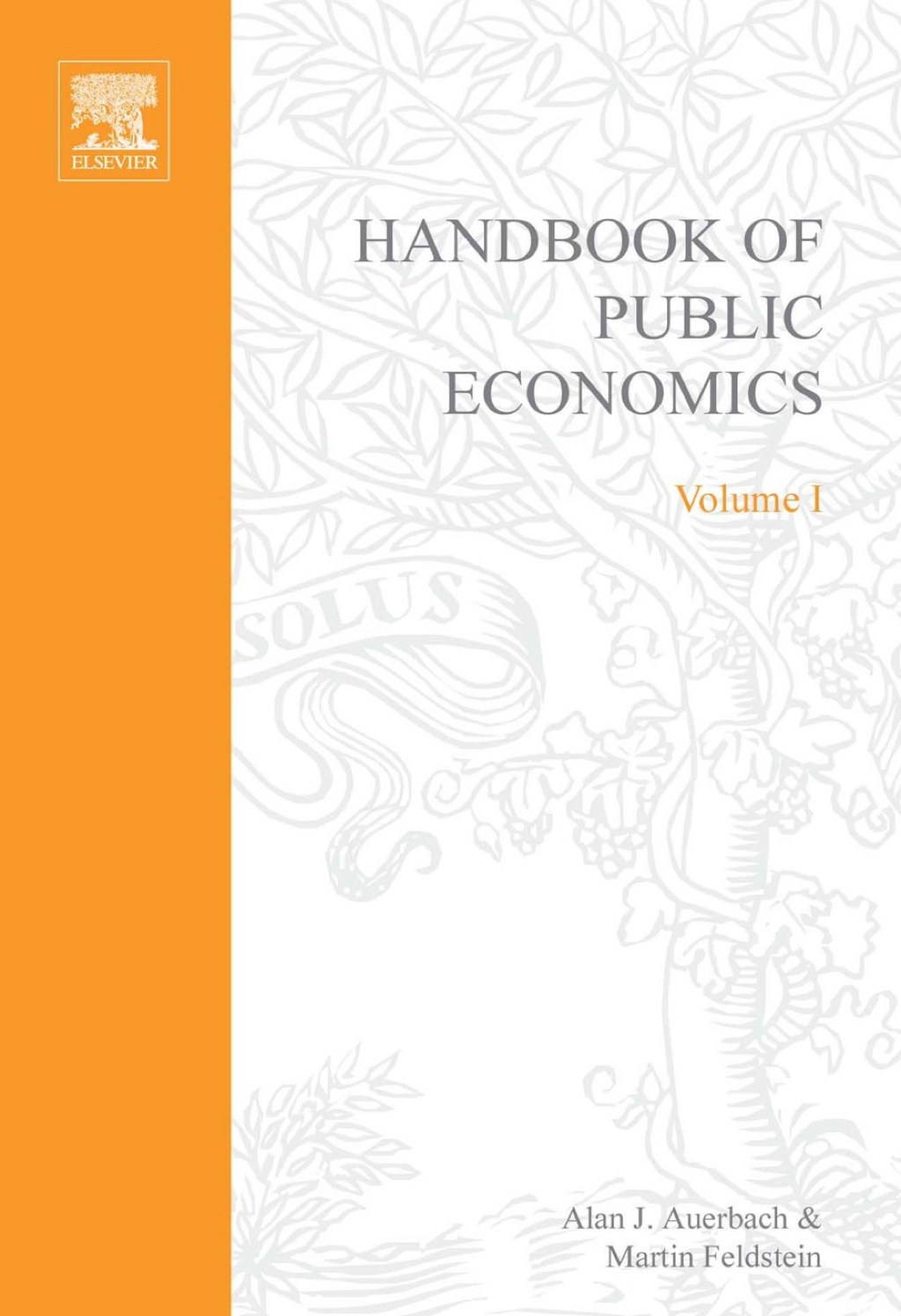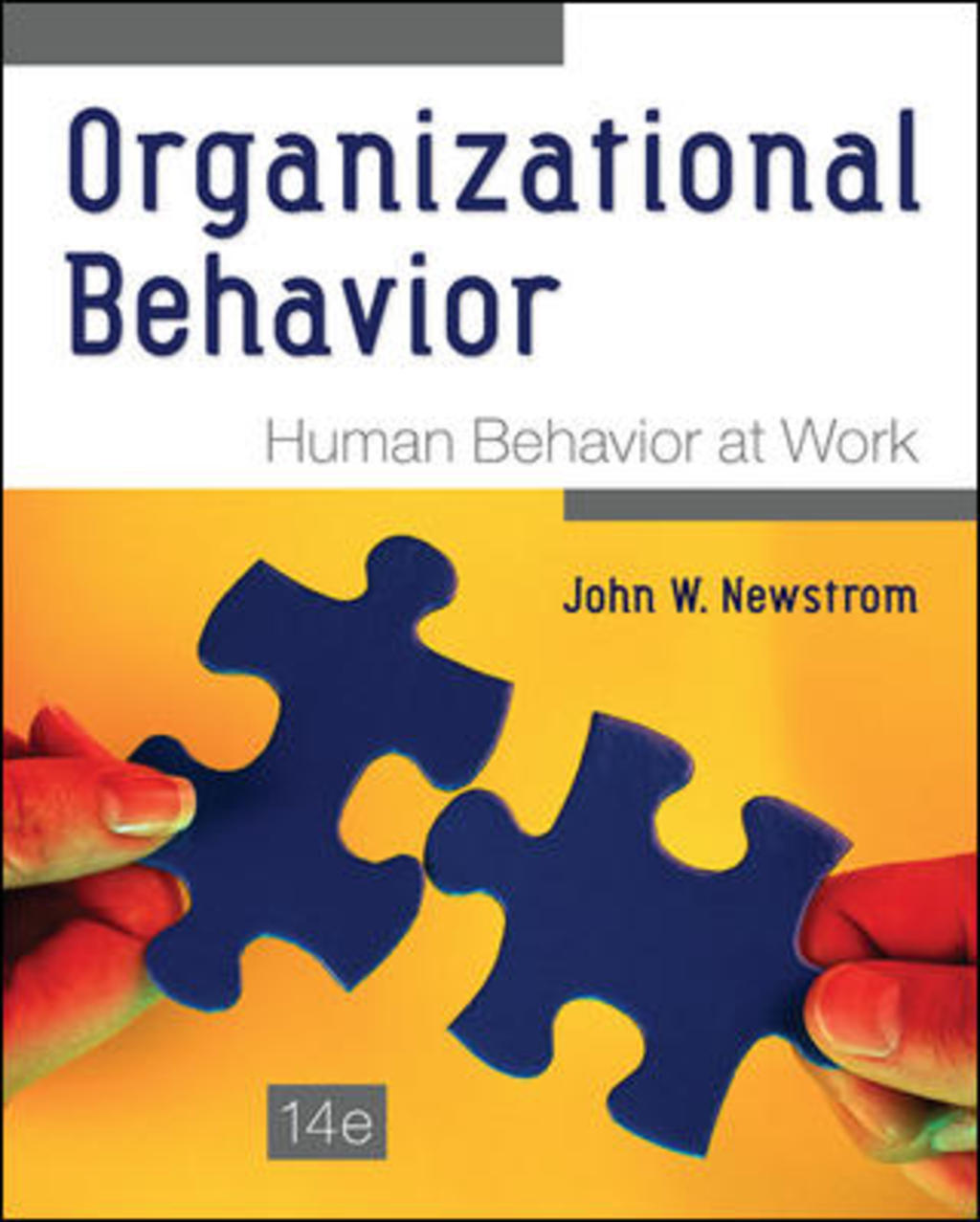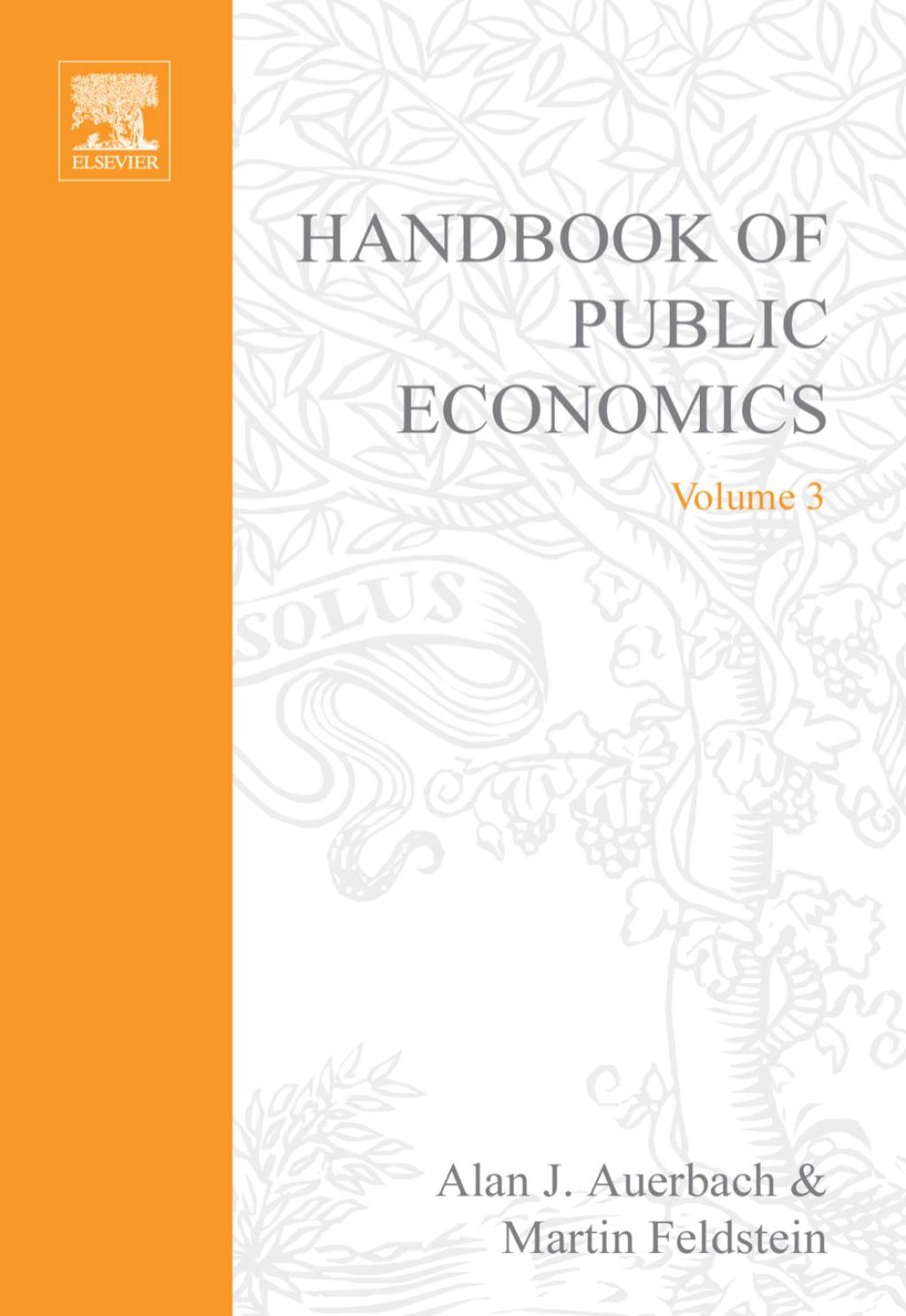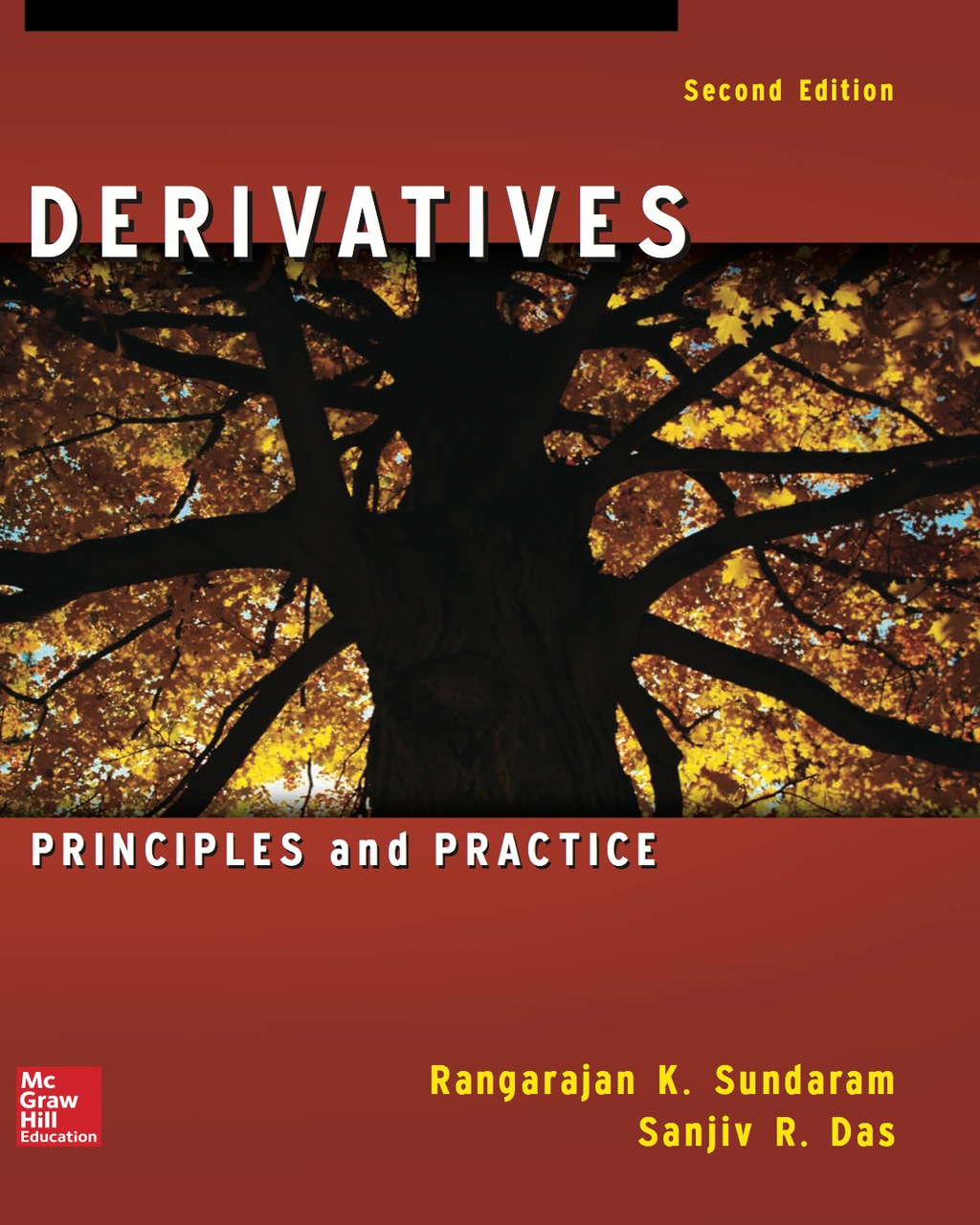Description
The first volume of the Handbook of Public Economics contains eight essays on various topics in Public Economics by international leaders in the field. It begins with an historical perspective on the growth of the area as a whole, and subsequent essays focus on the theory and evidence about the impact of taxation on economic behavior.
The material presents an up-to-date survey of the field of public economics by those actually doing work on the frontier of the subject, and is written in a manner that renders it useful to the public finance specialist, whilst remaining understandable for the student and non-specialist.

